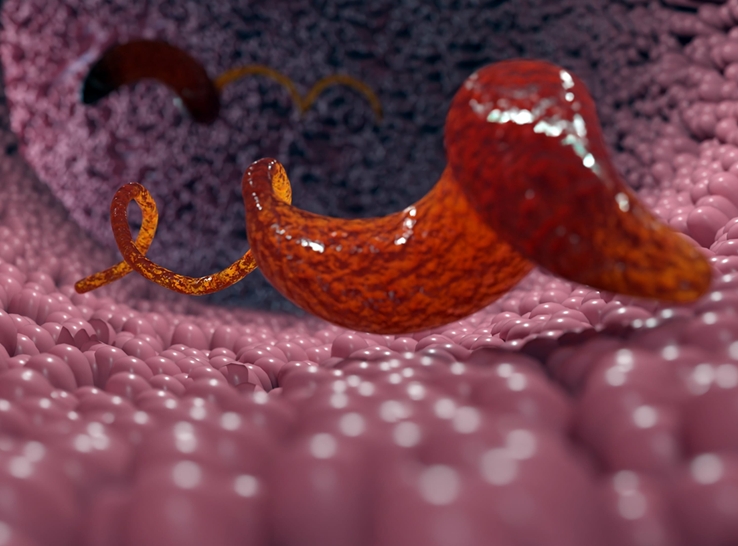University of Georgia researchers have developed a highly accurate genotyping assay suitable for analyzing clinical samples of infectious laryngotracheitis virus (ILTV).
Identifying the genotype of the outbreak-related virus and determining its genetic relationship to field or vaccine strains is key to diagnosing ILTV. From 2020 to 2022, researchers struggled to genotype samples from broiler breeder flocks that presented with mild respiratory disease, mild tracheitis and elevated mortality.
A preliminary genotyping using the available assay at the time indicated that the outbreak-related viruses were not associated with the tissue-culture-origin vaccines, chicken-embryo-origin (CEO) vaccines (genotype IV) or CEO-“like” virulent strains (genotype V). Rather, they were likely identified as non-vaccine-related (genotype VI) viruses.
Assay development
For this study, a team of researchers led by Maricarmen Garcia, PhD, sought to improve ILTV-genotyping assays by expanding the targeted sequenced ILTV genome region and establishing a nanopore-sequencing protocol for the expanded virus alleles that were targeted.
Nanopore sequencing involves passing a DNA segment through a nanopore to sequence single molecules.
They developed a novel ILTV-genotyping assay containing a multiplex PCR assay that amplifies approximately 13,000 nucleotide base pairs of the ILTV genome’s unique short (US) region. Multiplex PCR assays are used to amplify multiple targeted DNA sequences in a single PCR.
The researchers also used phylogenetics — the study of evolutionary relationships — to further analyze the genome of ILTV genotype VI.
Improved ILTV detection
Using the assay, the researchers observed that the amplified region increased the single nucleotide polymorphism (SNP) sites that distinguish between several ILTV genotypes (II/II, IV, V, VI, VII-IX). SNPs are a common type of genetic variation found throughout DNA that can affect disease development.
Nanopore sequencing of the US genome region using MinION™ sequencing technology from Oxford Nanopore Technologies yielded deeper coverage of the genome, allowing more accurate novel SNP detection.
Phylogenetic analysis of the genotype VI US sequences revealed the presence of two genotype VI viral clusters currently circulating in the United States. From July 2023 to March 2024, the researchers used the MinION sequencing technology to genotype 100 samples from 90 cases of ILTV. Of these samples, 97 were successfully genotyped, 78 were identified as genotype VI and 19 samples were identified as genotype IV.
“The genotyping assay that we developed in this study has higher discriminatory power than previously used ILTV genotype assays,” Garcia says.
Accurate genotyping of ILTV from recurrent cases, she adds, makes several opportunities possible:
- Identifying potential sources of the virus
- Characterizing patterns of virus spreading
- Designing more effective control measures
“Deep sequencing of ILTV during ongoing disease outbreaks provides a glimpse on the genetic stability of viruses in vaccinated and non-vaccinated flocks,” Garcia concludes.
Editor’s note: Content on Modern Poultry’s Industry Insights pages is provided and/or commissioned by our sponsors, who assume full responsibility for its accuracy and compliance.








